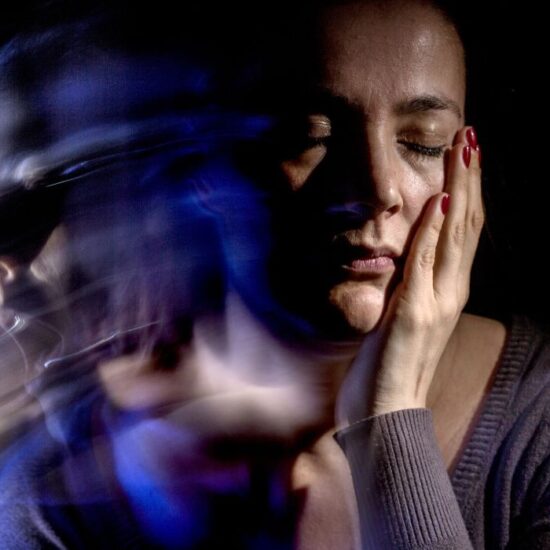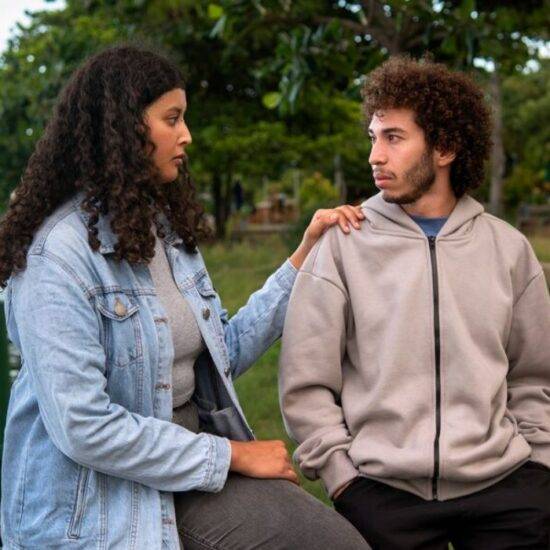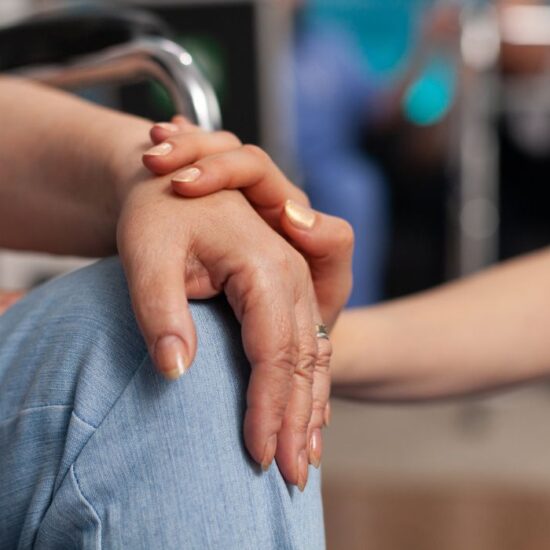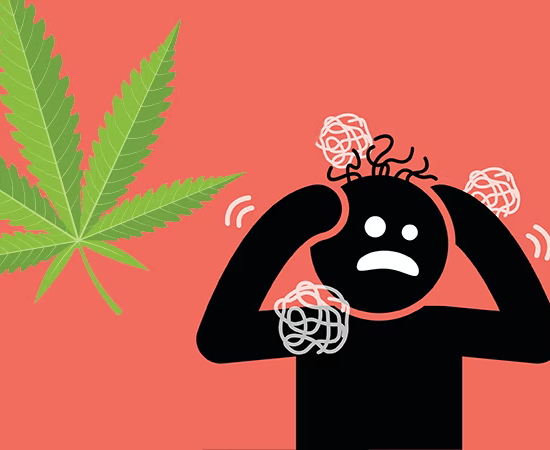Recovery activities for groups surround a journey of overcoming various challenges, including addiction, trauma, and mental health struggles, to reclaim one’s well-being and vitality.
Recovery activities for a group involve a process of transformation, healing, and growth, often undertaken with the support of others who share similar experiences. In the context of group settings, recovery activities for groups play a vital role in fostering connection, resilience, and personal development among participants.
These recovery activities for groups are designed to promote self-awareness, build coping skills, and cultivate a sense of community, all essential elements on the path to recovery. Let’s explore some impactful recovery activities tailored for group settings.
What is a trauma retreat?
A trauma retreat is a specialized program designed to provide a safe and supportive environment for individuals to heal from past traumas and process their experiences. These retreats offer participants an opportunity to step away from their daily routines and immerse themselves in a therapeutic setting focused on healing and recovery.
Benefits of Trauma Retreats for Group Recovery
- Focused Support: Receive personalized support from professionals and peers who understand and empathize with your experiences.
- Shared Experiences: Connect with others who have walked similar paths, gaining insights and coping strategies through shared activities and discussions.
- Holistic Approach: Experience a comprehensive approach to healing, addressing physical, emotional, and spiritual aspects through various therapeutic modalities.
- Safe Environment: Explore your trauma in a judgment-free space, facilitated by trained professionals who ensure your safety and well-being.
- Empowerment and Growth: Cultivate resilience, develop coping skills, and foster personal growth, empowering you to reclaim your well-being.
Examples of Healthy Recovery Activities for Groups
Each activity offers a unique opportunity for self-discovery and growth, allowing individuals to explore their strengths, build coping skills, and develop healthy habits for sustained recovery. By incorporating a diverse range of recovery activities for groups into their routine, individuals can create a holistic approach to healing that addresses their physical, emotional, and social needs.
In group settings, a mix of physical, creative, and social activities can support recovery and promote well-being, as mentioned further here
- Support Groups: Gain empathy and understanding from peers.
- Art Therapy: Express emotions creatively through art.
- Mindfulness Meditation: Reduce stress and enhance awareness.
- Yoga or Gentle Exercise: Promote physical and emotional balance.
- Adventure Therapy: Foster teamwork and personal growth outdoors.
- Journaling Workshops: Reflect on emotions and experiences through writing.
- Music Therapy: Use music for emotional expression and healing.
- Social Outings: Reduce isolation and build connections through group activities.
Engaging in these recovery activities within a group setting offers numerous benefits. It provides a sense of community and belonging, fosters mutual understanding and empathy, and encourages individuals to explore and express themselves in a safe and supportive environment.
Benefits of Healthy Recovery Activities
Participating in healthy recovery activities fosters not only physical and emotional healing but also the development of a balanced and fulfilling lifestyle. These activities promote habits that support long-term well-being, such as regular exercise, creative expression, and social connection.
Group recovery activities offer several benefits mentioned below
- Reduced Isolation: Combat loneliness by fostering community.
- Boosted Confidence: Achieve goals and receive validation, enhancing self-esteem.
- Healthy Coping: Learn and practice stress management skills.
- Stress Reduction: Activities like mindfulness promote relaxation.
- Self-Awareness: Gain insights into emotions and behaviors.
- Support Network: Form connections with peers for mutual support.
Discover More Healthy Recovery Activities at Avisa Recovery
At Avisa, we are committed to providing a comprehensive approach to recovery, offering a variety of healthy activities to support your journey. Our facility provides a nurturing environment where individuals can engage in activities designed to promote healing and personal growth. Some of the recovery activities we offer include:
- Support Groups: Connect with peers for emotional support and understanding.
- Therapy Sessions: Explore underlying issues and develop coping strategies.
- Art Therapy: Express yourself creatively for emotional processing.
- Mindfulness Practices: Learn techniques for stress reduction and self-awareness.
- Physical Activities: Engage in yoga, fitness, or outdoor recreation for physical well-being.
Types of Recovery Programs
Recovery activities for groups may include individual and group therapy sessions, support groups, educational workshops, skill-building exercises, recreational activities, and holistic therapies such as yoga, art therapy, and mindfulness practices
Recovery programs offer different levels of care to support individuals in their journey to sobriety:
- Inpatient Programs: Provide 24/7 care in a structured environment.
- Outpatient Programs: Offer flexibility for treatment while living at home.
- Intensive Outpatient Programs (IOP): Provide higher levels of care with more frequent therapy sessions while allowing participants to live at home.
What are the two types of recovery systems?
The two main types of recovery systems are
12 Step Programs
The effectiveness of 12-step programs lies in their holistic approach to recovery, addressing not only the physical aspects of addiction but also the psychological and social components.
By participating in group meetings and working through the steps, individuals develop a sense of belonging, accountability, and hope for the future.
- Offer a structured approach to recovery.
- Emphasize group support and accountability.
- Participants follow a series of steps designed to overcome addiction and achieve sobriety.
- Programs like Alcoholics Anonymous (AA) and Narcotics Anonymous (NA) encourage members to work through the steps with peer support.
- Provide a supportive environment where individuals share similar experiences and help each other on their journey to recovery.
Medically – Assisted Treatment (MAT)
Medically-assisted treatment (MAT) combines medication with therapy to address substance use disorders. Medications like methadone, buprenorphine, or naltrexone are prescribed to manage cravings, reduce withdrawal symptoms, or block the effects of opioids or alcohol.
Alongside medication, individuals receive counseling, therapy, and support services.
- Combines medication with therapy to address substance use disorders.
- Medications like methadone, buprenorphine, or naltrexone are prescribed to manage cravings, reduce withdrawal symptoms, or block the effects of opioids/alcohol.
- Alongside medication, individuals receive counseling, therapy, and support services.
- Addresses psychological and behavioral aspects of addiction for comprehensive treatment.
FAQ’s
Que: What are some recovery activities?
Ans: Recovery activities for group contain a wide range of options tailored to support individuals in their journey toward sobriety and wellness.
Some examples include participating in support groups, engaging in therapy sessions, practicing mindfulness or meditation, attending fitness classes or outdoor activities, exploring creative arts like painting or music, and joining social outings with peers.
Que: What is the game for adults in recovery group games?
Ans: One popular game for adults in recovery activities for groups is “Two Truths and a Lie.” In this game, each participant shares three statements about themselves. Two truths and one lie. The rest of the group then guesses which statement is the lie. This game encourages honesty, creativity, and bonding among group members.
Que: What are the icebreakers for the recovery group?
Ans: Icebreaker activities help individuals feel comfortable and build rapport within a recovery group. Some effective icebreakers include:
- Name Introductions: Share your name and one interesting fact.
- Memory Lane: Share a memorable childhood moment.
- Common Ground: Discuss shared interests or experiences.
- Gratitude Circle: Express something you’re grateful for today.
- Would You Rather: Answer fun “Would you rather” questions.
Que: What are the 7 R’s of recovery?
Ans: The 7 R’s of recovery activities in groups are a set of principles that guide individuals on their journey to sobriety and wellness:
- Reflect: Understand addictive behaviors’ root causes.
- Reevaluate: Assess current beliefs and behaviors.
- Reconnect: Build supportive relationships.
- Restructure: Develop coping strategies and set goals.
- Relearn: Acquire new skills for life without substances.
- Reclaim: Take ownership of your future.
- Recognize: Acknowledge the need for change.
Que: What are recovery games?
Ans: Recovery games are recovery activities for groups designed to support individuals in their journey of sobriety and wellness. These games often promote teamwork, communication, and personal growth while providing a fun and engaging way to connect with peers in a supportive environment. Examples of recovery games include trivia quizzes, board games with recovery themes, role-playing exercises, and creative expression activities.
Conclusion
In the journey of recovery activities for groups, engaging in healthy activities is essential for healing, growth, and sustained sobriety. Whether through support groups, therapy sessions, creative arts, or physical activities, individuals can find various avenues for self-discovery and personal development in group settings.
Recovery activities for groups provide a sense of community, reduce isolation, and foster resilience, empowering individuals to reclaim their well-being and vitality.
If you’re ready to take the next step in your recovery journey, reach out to Bhouses, today. Remember, you’re not alone, and there is help and support available to guide you towards a healthier, happier life.










